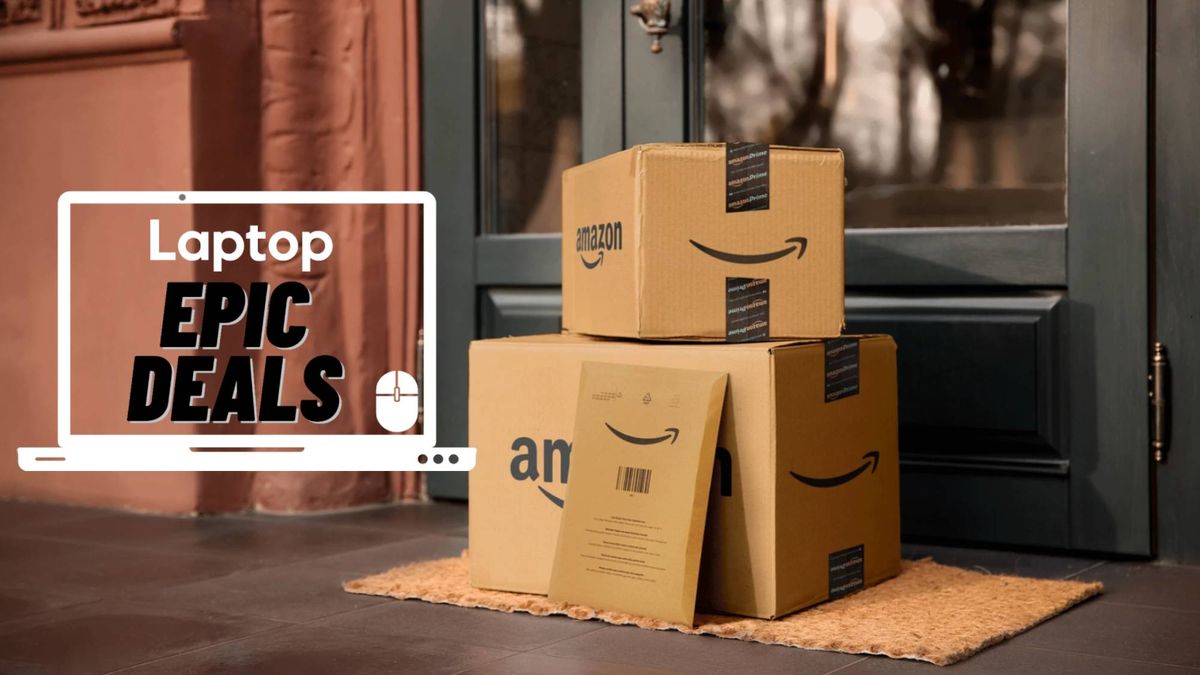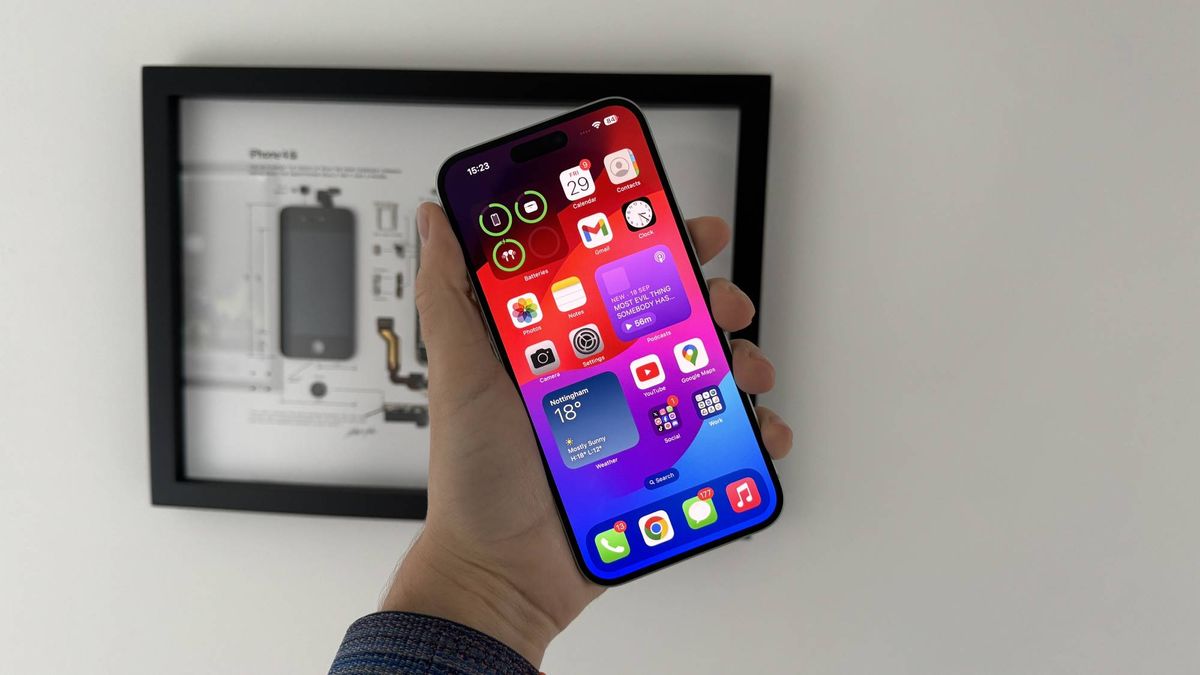

PHOTO:
Courtesy Photo: Dropbox
Dropbox has been working over the past few years to transform itself from provider of a consumer-focused file sharing application into something that enables enterprises to better manage content. In fact, a couple of years ago, Dropbox went so far as to describe itself as “a single workspace to organize your content, connect your tools, and bring everyone together, wherever you are,” which could work nicely with Trello or even Slack.
This week it took another step in that direction with the unveiling of Dropbox Studios, which, according to Dropbox Chief People Officer Melanie Collins, is the next step in the company’s journey as a “virtual first” company.
She explained that while remote work is now the primary mode for day-to-day interactions at Dropbox, it has become clear to Dropbox and many other companies that human connection cannot be fully recreated virtually. As a result the San Francisco-based company has completely rethought the purpose and design of its offices and come up with what it describes as collaborative spaces, notably Studios. Studios are meant for in-person teamwork and strengthening connections with colleagues.
Studios focuses on creating curated in-person experiences, some of which are coordinated at the company level. They have also been refitted to support more collaboration.
What this means in practical terms is a lot of soft spaces, with a coffee shop to create a casual feel, conference rooms for teams to have “on-site off-sites” and classrooms for organized group learning. The idea is to create purpose-built spaces for what works best in an office environment and what people have been missing from in-person interactions, while still letting people accomplish more individual work at home.
The company is planning on dedicated Studios in cities like San Francisco, Seattle, Tokyo and Tel Aviv with smaller on-demand spaces operated by partners like WeWork in other locations.
Dropbox also updated its Virtual First Toolkit, a follow-up to the guides it published last fall, which offers practices to help employees be as successful as possible while working remotely. This resource is also meant to bring the virtual first approach to life for other companies navigating distributed work.
The opening of Studios is an interesting development in the creation of hybrid workspaces, and a tacit acknowledgement that virtual and hybrid workspaces are not just about technology but about employees, too. It also appears to suggest that these evolved offices are not a temporary feature of the digital workplace, but something that will become a permanent feature of work in the future.
Enterprises Will Invest in 5G in 5 Years
One of the key technologies that enable development of digital workplaces is communications technology. Like all other enterprise technologies over the past two years, they too have changed and adapted to the massive surge in remote working.
To find out how these changes will impact enterprises, Greenwood Village, Colo.-based CSG and Analysys Mason undertook a joint study to find out how well-positioned communications service providers (CSPs) are to meet future enterprise demand for communications and IT services post COVID-19.
One of the key findings was that more than 80 percent of the largest global enterprises surveyed are looking at edge, 5G-slicing and private network services within the next five years.
Even though there are many offerings, disparities between CSP and enterprise views on the importance of technology solutions and billing and invoicing for supplier selection could lead many CSPs to fall short on capitalizing on the post-pandemic economy.
The report, “Large Enterprises’ Demand for Communications and IT Services,” surveyed 16 CSPs and more than 200 multinational corporations between February and May 2021 and focused on three core areas: identifying changing patterns of enterprise demand for communications and IT services; the opportunity for CSPs; and the role of billing and invoicing.
Other findings show that 92 percent of enterprise respondents have accelerated their plans to use more Internet of Things (IoT) technology, security, cloud and unified communication services. While connectivity still accounts for most of the current revenue CSPs collect from large enterprises, other services came out on top as the main drivers of future revenue growth, including cloud, security, edge and IoT services.
In fact, 66 percent of enterprises surveyed expect to increase cloud services spending in the next 12 months, reflecting the growing importance of the cloud for business continuity.
Other findings show that CSP revenue from IT services is increasing, but not as rapidly as enterprises are increasing overall IT spend. This suggests that the CSP share of this spend is falling. Only a quarter of CSPs surveyed report selling services other than voice and data connectivity to most of their enterprise customers.
Elsewhere, more than 60 percent of enterprises reported using at least three different suppliers for their core communications services, with nearly all enterprises expressing the desire to reduce this number. The most common reason (69 percent) cited for multiple suppliers was the need for additional services, suggesting an opportunity for suppliers with a wide portfolio to upsell add-on services.
Microsoft May Buy RiskIQ to Protect Web, Social
Microsoft is reportedly in the process of buying RiskIQ, a security software maker, for $500 million. The reports, which first surfaced in the Bloomberg financial wire, cited anonymous sources.
Founded in 2009, RiskIQ sells attack surface management software and helps companies protect their web, social and mobile presences. The San Francisco-based startup raised a $15 million Series D round in June 2020.
The news comes as the number of attacks on enterprise properties continues to rise. RiskIQ’s recent 2021 Evil Internet Minute report pointed out that industries like e-commerce saw a record $861.1 billion in sales, yet faced $38,052 in losses per minute to online payment fraud. The healthcare sector is also suffering, spending an average of $13 per minute on digital security breaches. Other headlines include:
- Loss due to cybersecurity incidents: $1,797,945 per minute
- Average cost of a breach: $7.2 per minute
- Predicted cybersecurity spend: $280,060 per minute
- Amount lost to cryptocurrency scams: $3,615 per minute
- Records compromised: 525,600 per minute
- Cost to organizations victimized by ransomware: $6 per minute
Redmond, Wash.-based Microsoft had a lot of problems with security over the past year. In 2020, attackers leveraged vulnerabilities in SolarWinds and Microsoft Exchange to create massive-scale incidents that had huge implications for the digital workplace.
Bloomberg reported the acquisition could be announced in the coming days. If it goes through, it won’t be the only company Microsoft has bought to shore up its defenses. Last month, it also bought ReFirm Labs for an undisclosed amount to secure IoT devices.
HCL Builds Digital Workplace for Energy Multinational
As more and more companies build software and platforms for the digital workplace, many are also building technologies for specific industry verticals. In the case of HCL, the Indian multinational IT company has completed the first phase in building a modern digital workplace for energy giant BP.
The multi-year partnership with HCL is aimed at helping transform the London-based multinational’s workplace services to drive efficiency and create a standardized end-user experience for employees across more than 500 sites.
HCL has been providing global site support services and managed telephony for 60,000 IT end-users at BP. The implementation of HCL WorkBlaze and DRYiCE OptiBot supported the rapid shift to remote work in the pandemic.
The result has been a reported increase in employee satisfaction through better omnichannel experiences and increased first call resolution. These results led to a five-year extension of the engagement and enhancement of the scope to include the global service desk, Microsoft platform services and platform engineering services.
Skedulo Raises $75 Million
Finally this week, Skedulo, which builds productivity software for the digital workplace, announced the company raised $75 million in its Series C, led by SoftBank Vision Fund 2. The San Francisco-based company also announced the booking of 35 million appointments through its platform.
According to the company, the new funds will be used to support Skedulo’s international growth, recruit staff and assist in its efforts to help developed and developing nations with scheduling in the public sector, including COVID testing and vaccine administration.
Skedulo serves deskless workers who are not in a traditional office setting. According to a company analysis, less than 5 percent of software investments are focused on this segment, meaning the market is largely underserved despite 76 percent of companies expecting a double-digit increase in deskless workers in the next year.
Skedulo’s deskless productivity cloud aims to give companies the ability to manage, engage and analyze deskless workers across industries, including healthcare, utilities, solar, nonprofits, the public sector and construction.






